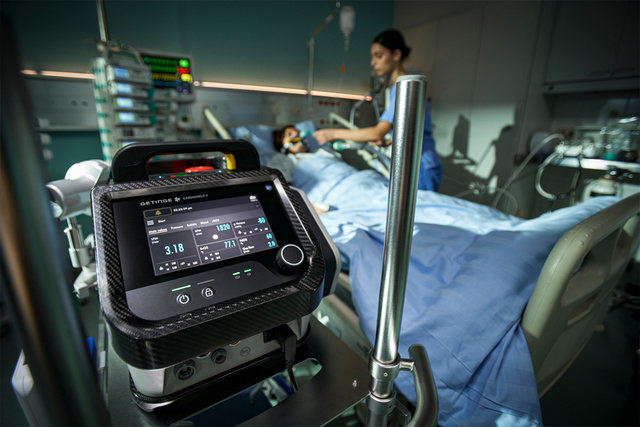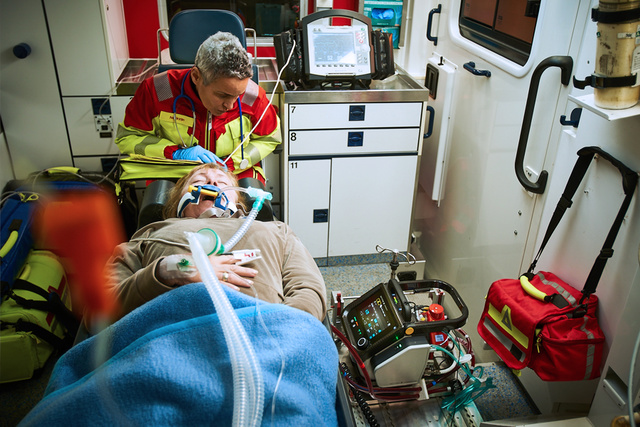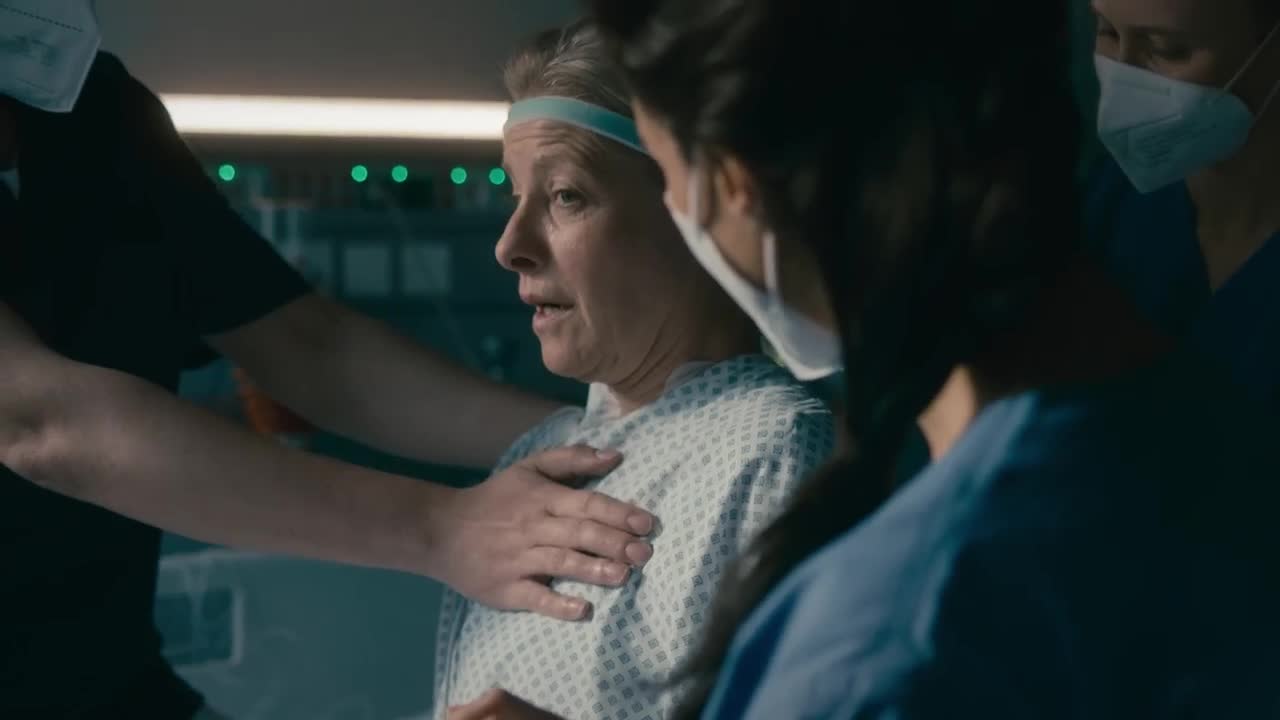Getinge ECMO solutions:
Gain time for life
Not all products are available for sale in Canada.

With critically ill patients, there’s no time for delay.
Cardiogenic shock, acute respiratory distress syndrome, septic shock or pulmonary embolisms are conditions that can become life-threatening. Patients with severe cardiac and/or pulmonary failure require immediate support to maintain gas exchange and end-organ perfusion.
Extracorporeal Membrane Oxygenation (ECMO) provides clinicians a powerful option to help stabilize blood circulation and/or respiratory functions of affected patients. [1]
ECMO can provide time for the clinician to treat the underlying cause.
Gain time for life with Getinge ECMO solutions.

How can Extracorporeal Membrane Oxygenation (ECMO) help your patients?
For critically ill patients, time is precious. ECMO buys additional time, supporting organ perfusion, while the patient heals or further treatments are applied. This gives caregivers more time to optimize the patient's therapy while easing the body’s workload.
ECMO can be used for a wide range of indications in intensive care, emergency medicine, cardiology, cardiac surgery, and patient transport.

Clinicians trust Getinge’s knowledge and experience
Getinge ECMO systems are small and lightweight heart-lung support systems. Although Extracorporeal Membrane Oxygenation (ECMO) is not a therapy itself, it acts as a bridge to further treatment, recovery or transplantation. This gives caregivers more time to optimize the patient's therapy while easing the body’s workload.
Getinge ECMO systems are intended for intra-hospital and some also for inter-hospital patient transport. Even during transport, the portable systems allow adequate oxygenation of the patient and CO2 reduction to optimize organ perfusion.
Gain time for life.
Application areas and indications
ECMO offers a bridge to therapy for patients with a variety of medical conditions, including respiratory failure, ARDS, pulmonary embolism, cardiogenic shock, cardiac arrest, failure to wean from bypass after cardiac surgery, or as a bridge to transplantation or placement of a ventricular assist device.
Cardiac Applications
ECMO and Cardiogenic Shock
ECMO has become a life-saving tool to support patients with severe and refractory cardiogenic shock, either after myocardial infarction, cardiac surgery, myocarditis or intoxication.
Respiratory Applications
ECMO and Covid-19
Getinge ECMO solutions provide a resource for the care of patients with COVID-19, offering time for their damaged lungs to recover when mechanical ventilation is not enough.
ECMO and ARDS
Veno-Venous Extracorporeal Membrane Oxygenation (VV ECMO) solutions can be a resource for the care of patients with severe Acute Respiratory Distress Syndrome (ARDS).
ECCO₂R and Respiratory Medicine
Extracorporeal Carbon Dioxide Removal (ECCO₂R) removes carbon dioxide (CO₂) from the blood using an extracorporeal circuit which facilitates the protection and recovery of the lungs.

Gain time to act.
Explore the ECMO product offering
Getinge offers a broad, high-end product portfolio for short-term or prolonged Extracorporeal Membrane Oxygenation (ECMO). It includes a choice of devices and consumables to provide individual extracorporeal heart and/or lung support, such as centrifugal pumps, oxygenators, heater units, tubing sets, catheters and cannulae.
